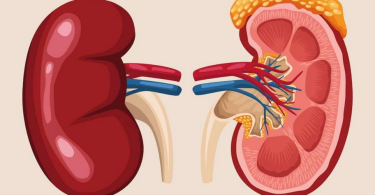In relationships, the concept of “value” can be complex and often misunderstood. It’s crucial to approach the topic of relationship dynamics with respect and awareness. The notion of a partner being “cheap” or undervalued based on certain behaviors is not only problematic but also misses the essence of healthy relationship dynamics. Instead of focusing on negative signs, it’s more constructive to explore how both partners can foster mutual respect and understanding.
1. Lack of Effort in Communication: If your partner consistently fails to engage in meaningful conversations or shows disinterest in resolving conflicts, it might seem like she isn’t invested. However, this could also indicate underlying issues such as stress, lack of communication skills, or unmet needs. The key is to address these issues through open, non-judgmental dialogue rather than labeling them as signs of a lack of value……..CONTINUE READING
2. Inconsistent Commitment: If your partner’s commitment appears wavering, it could be interpreted as a lack of value. However, commitment can fluctuate due to various factors including personal struggles, fear of intimacy, or past experiences. It’s essential to explore the reasons behind this behavior and work together to strengthen your connection.
3. Neglecting Relationship Responsibilities: When one partner doesn’t meet their responsibilities in a relationship, it might suggest a lack of appreciation for their role. But it’s important to consider that she might be overwhelmed, facing personal challenges, or unsure of how to fulfill these responsibilities. Understanding her perspective and working collaboratively on solutions can lead to a more balanced relationship.
4. Lack of Appreciation: Feeling unappreciated can be disheartening and might lead to assumptions about her valuing the relationship. However, this could also reflect a communication gap. Discussing your need for acknowledgment and understanding her expressions of gratitude can help bridge this gap.
5. Not Prioritizing the Relationship: If it seems that she’s not prioritizing the relationship, it’s worth examining the context. There might be external pressures or personal issues affecting her focus. Instead of jumping to conclusions, fostering a supportive environment where both partners feel secure in expressing their concerns can improve the situation.
Ultimately, labeling behaviors as signs of being “cheap” or undervalued is not productive. Healthy relationships are built on mutual respect, open communication, and understanding. Addressing concerns with empathy rather than judgment promotes a more constructive and supportive partnership. Focus on nurturing your relationship by exploring and addressing underlying issues together, rather than making assumptions based on surface-level behaviors.










